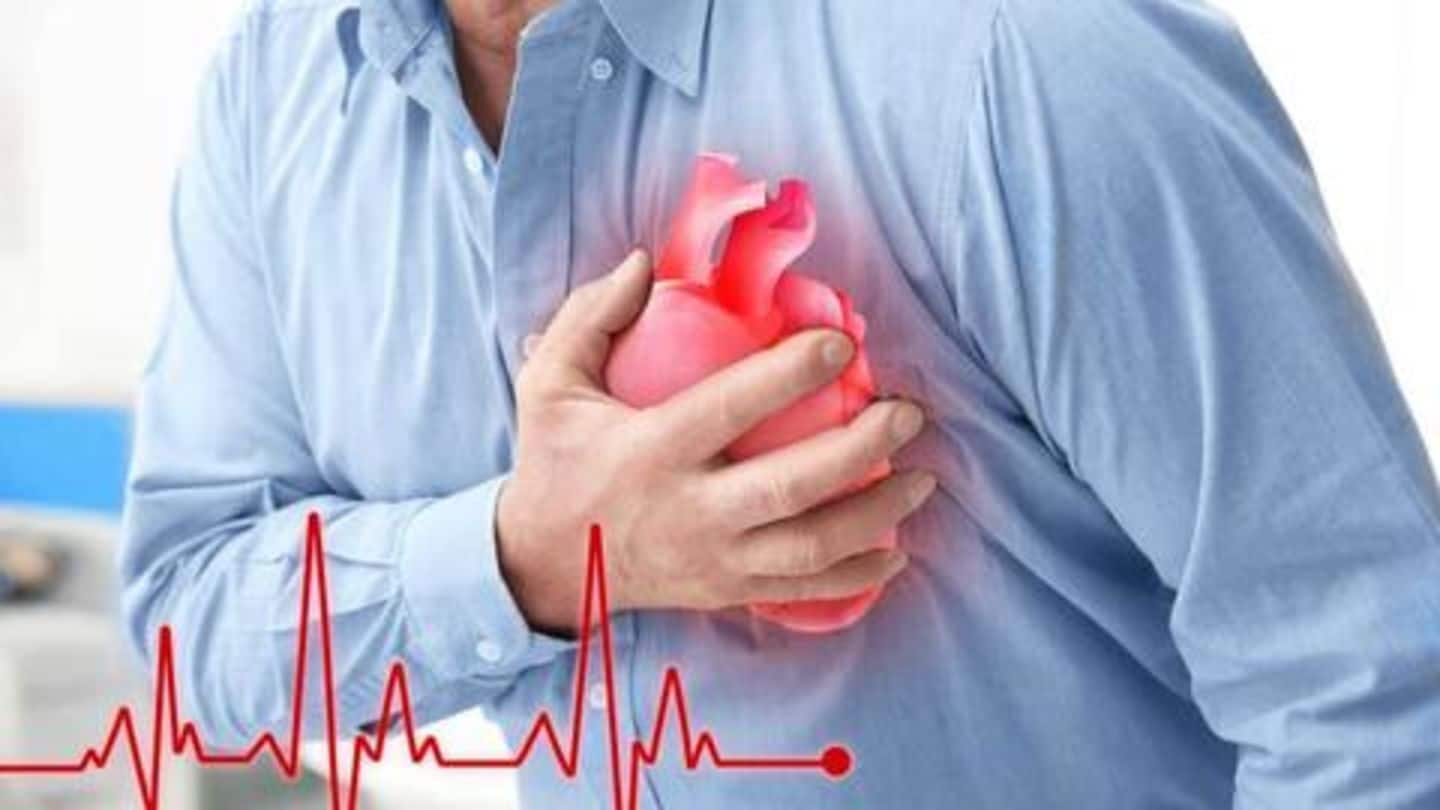
#HealthBytes: Indigestion or Heart Attack? How to tell the difference
What's the story
Sudden, unexplained chest pain might occur due to a number of reasons. Although the most commonly cited culprit is the usual heartburn, one can't always be sure. This is so because the condition might be a result of reduced blood flow to the heart owing to narrowing of arteries (angina) or blockage in one of them (heart attack). Here's how to tell a heart attack from heartburn.
Heart attack
Heart attack and its symptoms
When coronary artery disease leads to a loss of blood supply to part of the heart muscle, it is called a heart attack. Classic symptoms of a heart attack include chest pain (characterised by pressure, squeezing, heaviness, tightness, fullness, or ache). Other symptoms include shortness of breath, vomiting, nausea, fatigue, dizziness, and break-out in cold sweat.
Heartburn
And, what is a heartburn?
Heartburn isn't actually a disease, but a symptom. It is characterised by a burning sensation in the lower-chest, that occurs mainly due to acid reflux, ie. stomach acid splashing back to the food pipe, usually right after eating or drinking. And although the condition has no direct relation with heart, the confusion with heart attack comes from the similarity with the common symptom-chest pain.
The difference
Difference between symptoms of heartburn and heart attack
Sometimes, even for medical experts, it can be quite difficult to tell the difference between the two. Heartburn tends to worsen after eating or when lying down, but a heart attack can happen anytime. General symptoms such as breathlessness are on the lighter side in case of heartburn. Further, heartburn might come with bloating or belching, but these doesn't happen in case of heart attack.